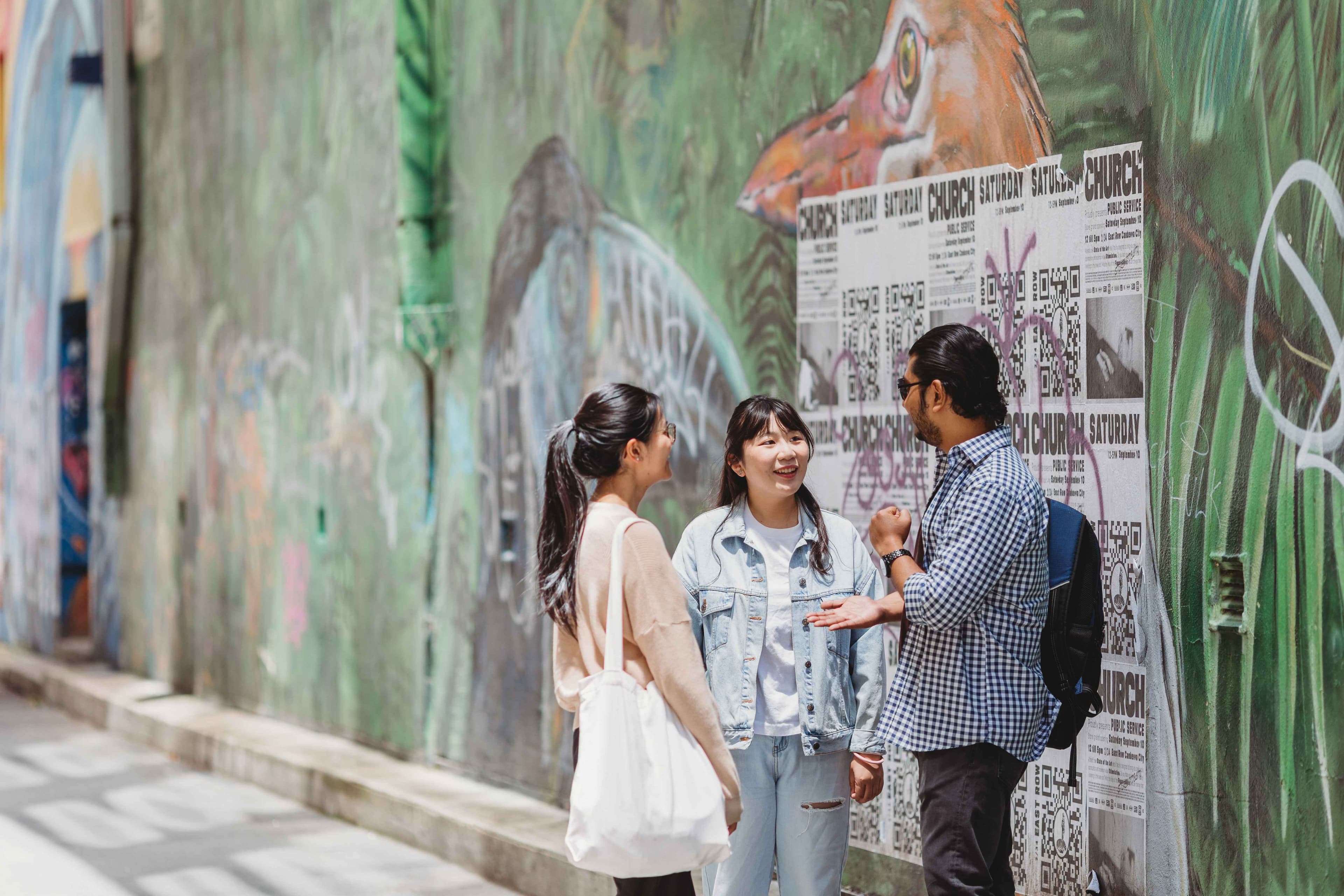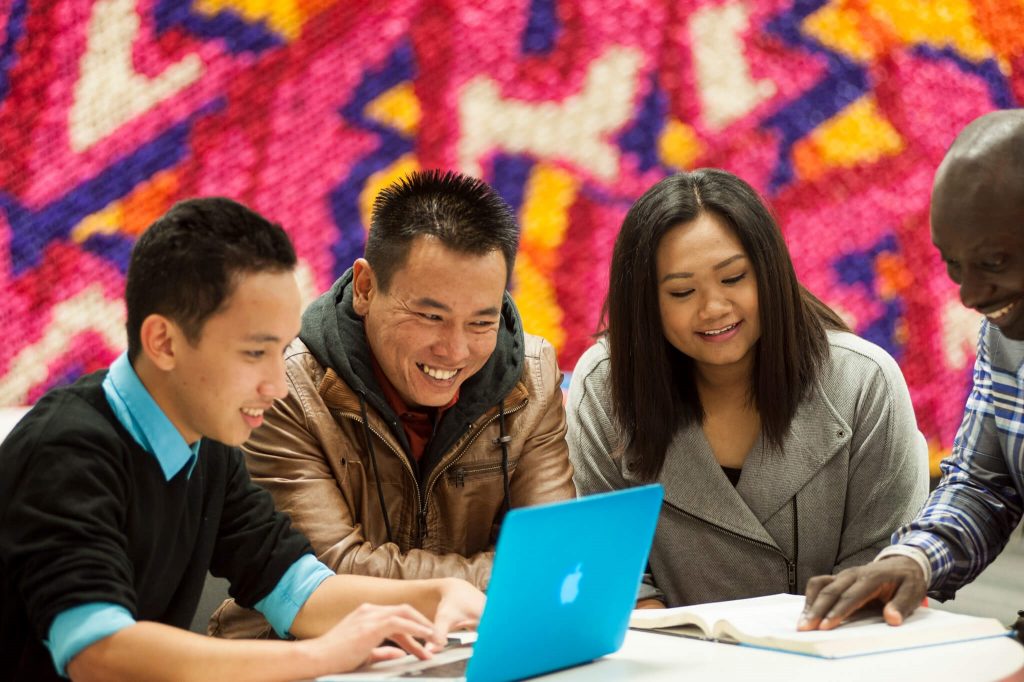
Student Guide
Created by local experts, find out more about the city and how to enjoy your time studying and living in Canberra.
Read more
We acknowledge the Traditional Custodians of the ACT, the Ngunnawal people and recognise any other people or families with connection to the lands of the ACT and region.
While it might be tempting to stream Netflix the minute you open your laptop, setting up sustainable study patterns early on in your studies will see you get better grades, stress less, and make the most of your time.
Making use of study spaces and student services—as well as not being afraid to ask for help—will make all the difference.
No one expects you to go into your first year of study having all the answers, being able to write the perfect essay or solve the trickiest questions. You are here to learn, and these simple tips and tricks can help you on your journey.
A change of scenery can be a great motivating tool for when you are studying. Alternatively, the companionship and presence of other students working on the same project can help keep you from getting distracted by other things (like the fridge).
Most institutions have a library with free Wi-Fi, power outlets and plenty of space to spread out your work. Hot tip: often higher floors can be quieter. If you want to chat with your friends stick to the lower floors, but if you want to be uninterrupted head upstairs.
Making study groups with your classmates is a great way to bounce ideas off each other and help each other out if you don’t understand an assignment or concept. Libraries often have rooms you can book for groups.
Check in with your lecturer, tutor or student support service to see if peer tutoring or study services are available. They can help explain the difference between Harvard and APA referencing and help shape your essay ideas into a plan.
Want some caffeinated motivation? Cafes are a great place to get some work done while keep your energy up with food and drinks. There are plenty of options both on and off campus.
Studying is not the same as binge watching the latest hit tv show. Regular breaks will make you more productive in the long run. They can be as simple as walking outside to get some fresh air or going to fill up your drink bottle.
Of course, it always helps to manage your time wisely. It might be tempting to leave all your assignments until the last minute, but you will find yourself rushing and not producing your best work. Plus, if you realise you don’t understand the task, your lecturers are unlikely to be checking their emails the night before the due date.

Starting early and breaking the assessment into smaller tasks can help make even the biggest of assignments less daunting. It also allows time to consult your teachers on any questions you have.
Never be afraid to ask questions – your lecturers and tutors are there to help. Most likely if you have a question, other students will as well, and they will be grateful you asked.
Another tip is to ask for examples of work from past students. Reading through these examples will give you an idea of the standard your lecturers and tutors expect.

The last piece of advice for maximising your studying potential is an easy one – attend all of your lectures and tutorials. You might think you’ll watch the lecture online later, but will you actually? If you attend in person it’s done, and you are more likely to pay attention. Depending on your course, attending lectures or tutorials can sometimes count towards your grades – make sure you check before you skip class.
Just remember, no-one expects you to be perfect, but creating good habits in your first year will have lasting effects throughout your degree and your career.